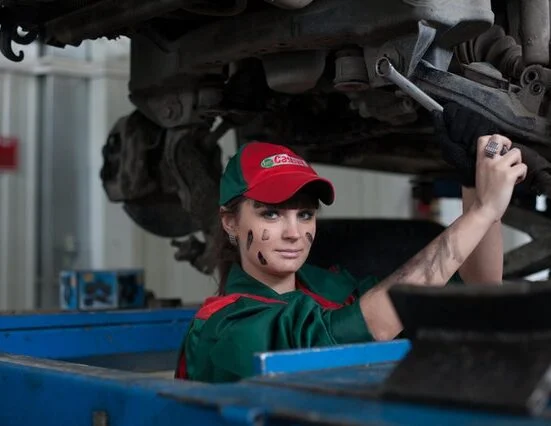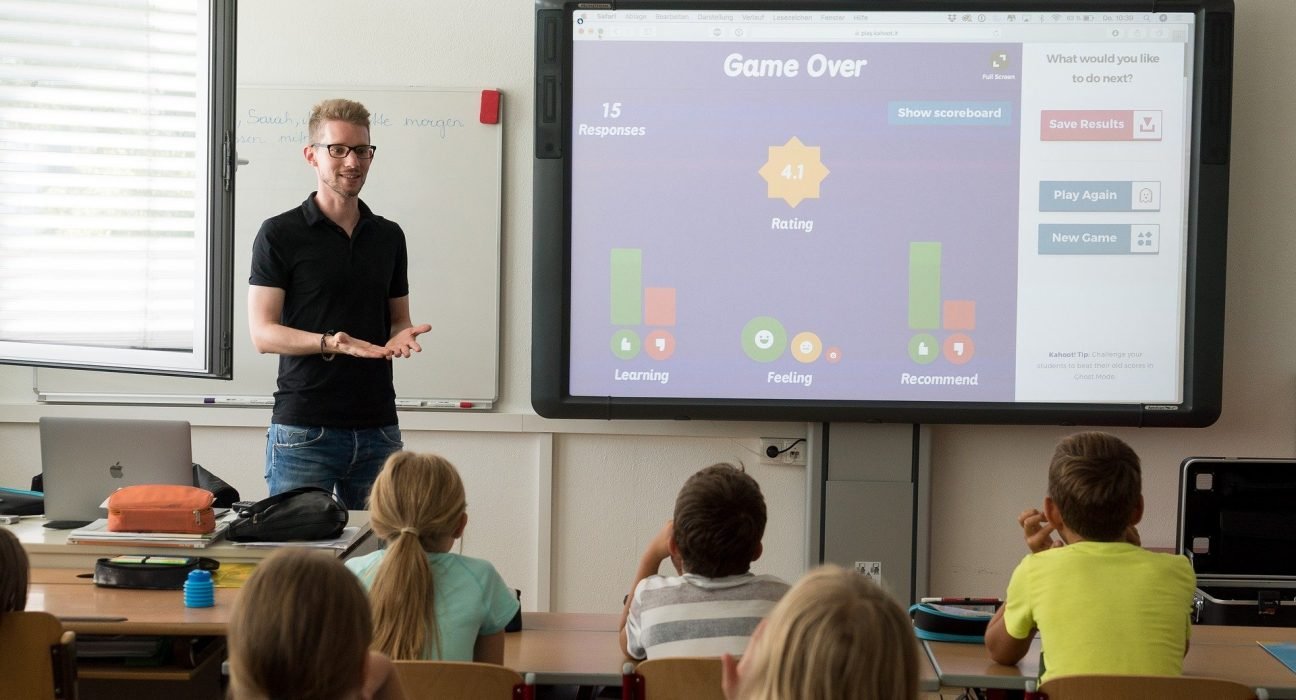Children’s lives have been turned by the COVID-19 disaster. Our children are dealing with various stressors, and as educators, we want to do everything we can to keep them safe physically and emotionally. For the 2020-2021 school year, school districts around the country are emphasizing social-emotional learning (SEL) to help students navigate these difficult times.
Although traditional classes have been running in the same procedures. The course, the exam pressure, the pressure to find the best UK assignment writers, the grades, and then promoting t the next level. On the other hand, SEL holds an important place in students’ training. SEL is an excellent tool for exploring and expressing our emotions, building relationships, and supporting one another. It’s essential for building joyful, healthy learning environments. As we continue virtual learning, we must prioritize students’ mental health and well-being while cultivating the not-so-soft skills needed to push through this pandemic.
Table of Contents
WHAT IS SOCIAL-EMOTIONAL LEARNING? AND WHY IS SEL IMPORTANT?
Students have benefited from the internet as AI has tremendously changed the education sector (helpwithdissertation, 2021). Either its finding assignment help for midwifery in a couple of minutes or getting virtual degrees in another country.
But Students appeared to benefit academically, personally, and socially from the cooperative learning strategies (Elmore, Zenus, 1994). Children and adults use SEL to understand and control emotions, set and achieve positive objectives, feel and exhibit empathy for others, form and sustain positive relationships, and make responsible decisions.
The following are their five core SEL competencies:
- Relationship skills: Communicate effectively, listen attentively, collaborate with others, resist improper social pressure, constructively negotiate conflict, and seek and offer assistance when needed.
- Self-awareness: Be conscious of your talents and limitations while maintaining a strong sense of confidence, optimism, and a “development attitude.”
- Social awareness: Understand and empathize with others’ viewpoints, including those from various origins and cultures.
- Self-management: Manage stress effectively, regulate urges, and motivate yourself to develop and achieve goals.
- Informed decision-making: Make ethical decisions regarding your behavior and societal interactions.
SOCIAL-EMOTIONAL LEARNING ACTIVITIES
1. Relationship Skills
– Gamify In Groups:
Create learning objectives for students to play in small-group breakout rooms. This is a fun and exciting technique to encourage efficient communication and collaboration.
– Blogging:
Instead of using composition writer’s notebooks, have students construct their blogs if you teach reading/writing. Allow kids to write about their favorite subjects and interests regularly. Students can contribute their thoughts/feedback in the comments section, encouraging social engagement.
– Special Interest Groups:
Create a Google doc or Padlet with several interests listed and have students write their names under the most appealing category. Then, send them out to escape rooms to further discuss. Finding ways to help students form connections is vital, especially in the virtual setting.
2. Self-Awareness
– Mindful Minutes:
Mindfulness practices help students become more self-aware while training them to be fully present. Allow students to participate in “Mindful Minute” exercises for a few minutes throughout each asynchronous or synchronous session.
– Characterizing:
Assign pupils the task of asking a family member, friend, or acquaintance to characterize them in 3-5 words drawn from this list of positive character attributes. Allow them to share their discoveries with their colleagues via a discussion board or breakout rooms.
– The Difficult Middle:
Success is a shambles. It hardly ever follows a straight path. Then have them think about how they’ve shifted during this epidemic or other challenging moments in their lives in private. This boosts self-confidence.
3. Social Awareness
– Facing Race:
Involve students in developmentally appropriate discussions about race, racism, and racialized violence.
– Empathy Map:
Have pupils develop an empathy map when studying the characters of influential persons. It will promote deeper learning by teaching pupils how to detect and comprehend the emotions and views of others.
– Write To Connect:
Writing is an excellent tool to connect children to the world around them, especially now that many feel isolated. Many persons or organizations could use words of encouragement and support during a pandemic.
4. Self-Management
– Bridges And Barriers:
Have students examine potential bridges (who else/what else can assist them reach their goal) and barriers during the first planning stages of goal-setting (potential obstacles they may face).
– Color Their World:
Students require a lot of screen-free activities to color their world. Coloring relieves tension while also allowing children to practice fine motor skills.
– Old School Games:
When the whole group needs a mental break, popular childhood games like Simon Says or Freeze Dance may be fun to play electronically. They also assist children in developing self-control.
5. Making Informed Decisions
– Brainstorming:
start a conversation about a specific problem. Assign students the task of identifying the most obvious solution. Then, in the conversation box, let them come up with as many innovative, bizarre ideas as possible.
– Our Three Bits Of Intelligence:
When presented with difficult choices, ask pupils to consider their problem-solving styles. Introducing children about the three brains things is a good idea. Do they tend to respond (gut reaction), feel (heart reaction), or think (brain reaction)? Recognizing these traits can assist them in making better judgments.
– Making Difficult Decisions With Children:
On one side, have students write down examples of how to be a follower. On the other hand, ask them to develop instances of people who are worth following. Encourage children to consider how their decisions affect the world.
LAST THOUGHTS
I hope these ideas and resources are helpful! Please make time for yourself while catering to your pupils’ social-emotional needs. Self-care is more important than ever. It’s essential, and you’re important!
REFERENCES
Elmore, R. F., & Zenus, V. (1994). Enhancing social‐emotional development of middle school gifted students. Roeper Review, 16(3), 182-185.
HWD, (2021). Artificial Intelligence. Online Available at < https://www.helpwithdissertation.co.uk/blog/artificial-intelligence/> [Accessed on 20th April 2022]






